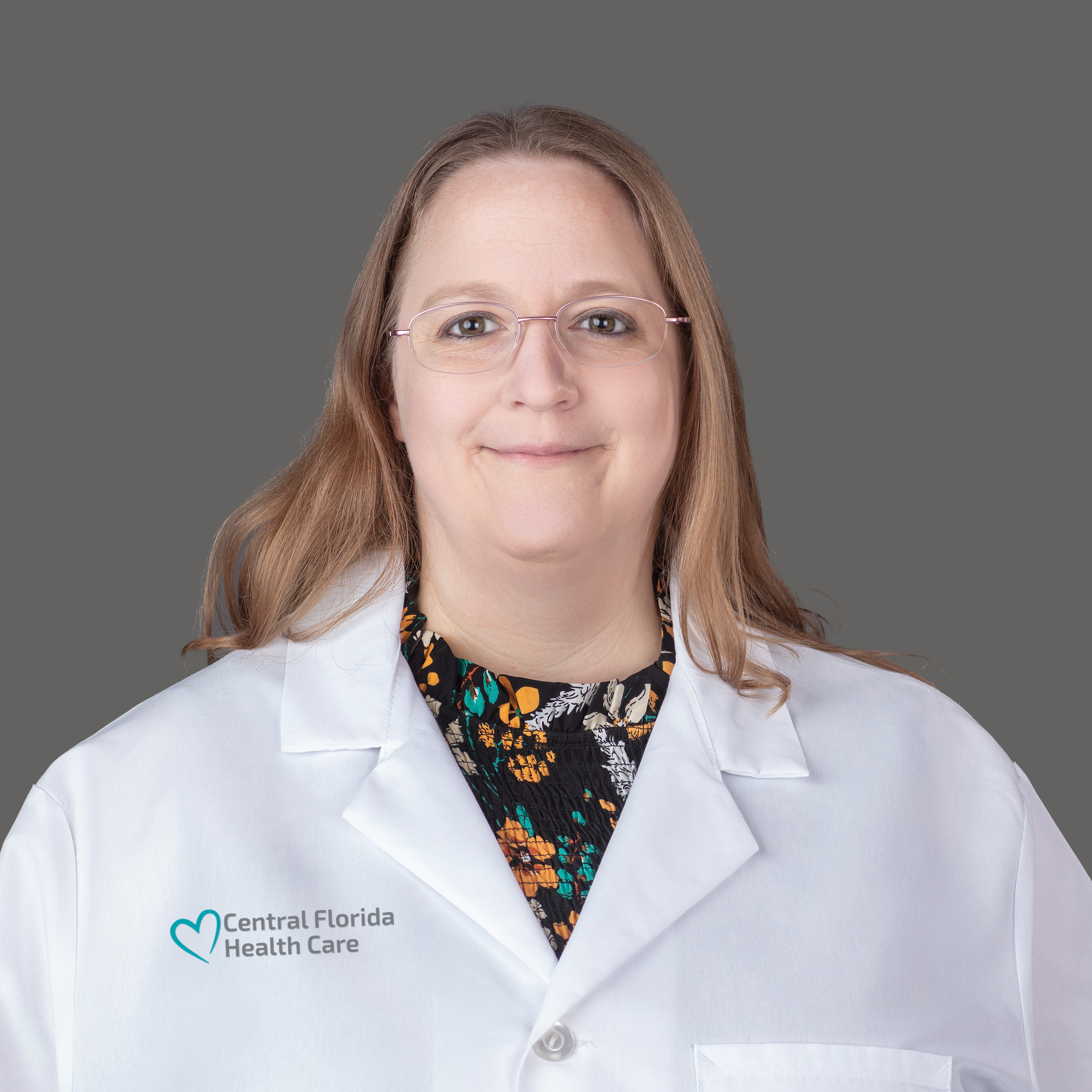New Patients call 866-234-8534 to schedule an appointment.
Self-Scheduling is available for Established Patients only.
New Patients call 866-234-8534 to schedule an appointment.
Self-Scheduling is available for Established Patients only.

It’s no secret that moms have a superpower, but there is no such thing as a perfect mom. They somehow juggle multiple things at once, from trying to cook healthy family meals to planning trips and supporting kids’ activities. There are endless to-do lists, but it’s okay if you can’t accomplish everything in one day. Perfection is sometimes not perfect.
May is Mental Health Awareness Month, a time to remember moms are human, too. Central Florida Health Care Psychologist Dr. Amber Popovitz-Gale shares the following tips for busy moms!
Moms should prioritize identity and autonomy: Taking time to engage in fulfilling non-parenting roles (such as hobbies, work, education, or social activities) can protect against burnout and support long-term well-being.
Managing expectations and reducing perfectionism: Unrealistic standards of motherhood can lead to guilt and shame. Accepting imperfection, setting boundaries, and asking for help are essential coping skills.
Modeling emotional regulation benefits children too: When mothers engage in therapy and improve their mental health, it fosters healthier emotional development and attachment in their children which, in turn, further reduces maternal stress.
Accessing community resources: Parenting classes, lactation consultants, doula services, and culturally specific support groups can help reduce isolation and stress.
May is also Maternal Mental Health Awareness Month, which focuses on postpartum depression. Dr. Popovitz-Gale says maternal mental health is a life-long concern.
While postpartum depression often gains the most attention, mothers can experience mental health challenges during pregnancy (perinatal period), early parenting, and throughout the child’s development.
Common postpartum mental health issues include Postpartum depression, anxiety disorders, obsessive-compulsive symptoms, PTSD, (especially after a traumatic birth) and less frequently, postpartum psychosis. These conditions may affect functioning, bonding, and self-esteem.
Self-care and mindfulness practices: Promote resilience: Regular exercise, adequate sleep, balanced nutrition, and mindfulness-based practices such as meditation or yoga can help reduce anxiety and depressive symptoms in mothers (and many others).
Professional support makes a significant difference in improving maternal mental health outcomes. Accessing therapy, psychiatric medication if needed, and regular primary care can provide the support and guidance you need to navigate these challenges. It’s important to remember that it’s okay to ask for help.
Peer and partner support is a decisive protective factor in maternal mental health. Strong emotional and practical support from partners, family, friends, and/or mom groups can reduce (and, in some cases, prevent) depressive symptoms and improve self-efficacy in parenting. Remember, you don’t have to go through this alone.
Routine mental health screenings should occur during prenatal visits, postpartum checkups, and periodically during the parenting journey. Early detection leads to better outcomes and prevents long-term complications.
Central Florida Health Care has an experienced, compassionate behavioral health team ready to help you with your healthcare needs. Call us at 866-234-8534.